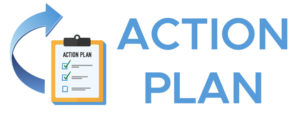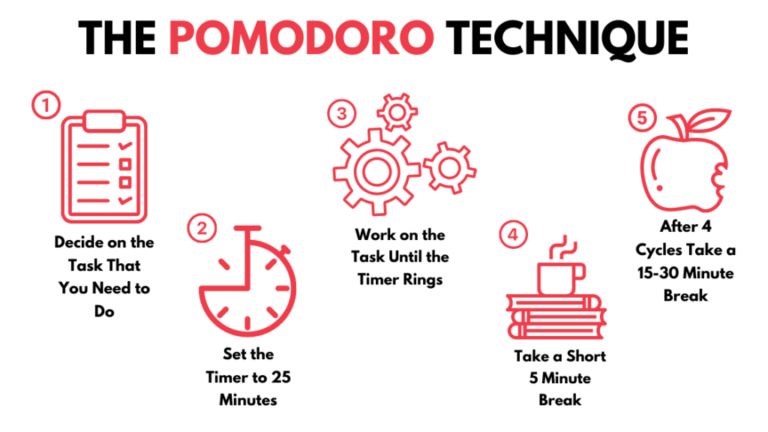In this experience blog, we have Dr. Leila Askari, who candidly expresses herself about mental health and related avenues to cope with (expected) troubles during the Ph.D. journey. We would love to hear from you as well. Interested in sharing your experiences? Please let us know here.

Leila Askari received an M.Sc. degree in telecommunication engineering and a Ph.D. degree in information technology from Politecnico di Milano, Milan, Italy, in October 2017 and March 2021 respectively. Her research interests mainly focus on network function virtualization and specifically virtual network function placement.
Let’s hear from Dr. Askari!
The journey of mental well-being

As Ph.D. students, we usually have to deal with so many tasks at the same time. Together with scientific achievement, it is crucial to be able to keep our mental health. The first day that we started our Ph.D., we were told that one-third of Ph.D. students would suffer from mental issues, e.g., depression, and honestly, it sounded scary to me. Especially if your Ph.D. studies are supposed to last only three years, the amount of pressure will be dramatically high. I want to share some of the techniques that help me manage the delegated tasks as a Ph.D. student during my three years of studies. I got familiar with these techniques by attending courses online or at our university, reading books, listening to podcasts, and using other persons’ experiences.
Making plans and keeping track of it
The first step, which I think is very important, is to get used to having a plan and keep track of your activities. To do so, I started to create a bullet journal. In case you have not already heard about it, a bullet journal is a simple notebook in which you write down your plans, habits, wishes or any other thing that you would like to track. The good thing about a bullet journal is that there is no specific format for it. The only standard part in all the bullet journals is that you write down the tasks that you need to do on that particular day for each day. Note that it is better to write down your tasks the day before in the evening.

As the range of tasks assigned to a Ph.D. student is very diverse, another specific technique that is very helpful is to follow the Eisenhower Matrix. The idea is to put the different tasks that you have to do in 4 different categories:
- Important and urgent
- Important but not urgent
- Not important but urgent
- Not important and not urgent
Let me give you an example; imagine that your supervisor asks you to update the group’s website immediately, and you have a deadline for a conference in two days. At the same time, your friends ask you to join a challenge on social media, and you have registered for an online course on a topic that will help your research. The question is, which one should you do first? Of course, not a social media challenge, even if that is more pleasant right? According to the Eisenhower Matrix, you should do the urgent and important task: the conference paper with the deadline. Someone else can update your research group’s website, so it is better to delegate the task (urgent but not important). Taking the online course is important for your career, but it is not urgent, so better to schedule it later, after you finish the urgent and important task. And as it was somehow evident, you can delete the social media challenge task, as it has nothing to do with your goals and is time-consuming.
Managing your time
Now that you know the tasks and have decided about the order, it is time to see how much time each task takes in actuality. One of the practical approaches I recently got familiar with is the 168-hour time tracking by Laura Vanderkam, in which you divide the days of a week in chunks of 30 minutes. It helps you get familiar with how fast you can do a task and use your time more efficiently and be more focused. And talking about having the focus, the Pomodoro technique is beneficial. The idea is to concentrate on a task for 25 minutes and take a break for only 5 minutes. You repeat it four times, and after that, you can have a long gap of 15 minutes. However, it is imperative to stick only to the task you are doing and avoid any distractions like checking your phone.

It helps to take a break regularly and organize some outdoor activities. Also, it is not a good idea to work on weekends (unless you have to) as taking proper rest during weekends can improve the efficiency during the week. In the end, as it is always said, it is not a good idea to compare yourself to others. The only person that you are allowed to compare with is yourself. Do not get distracted by others’ achievements.
Acknowledgment: The author is thankful to Dr. Pantea Vaziri for sharing most of these valuable tips.
**Statements and opinions given in this blog are the expressions of the contributor(s). Responsibility for the content of published articles rests upon the contributor(s), not on the IEEE Communication Society or the IEEE Communications Society Young Professionals.

